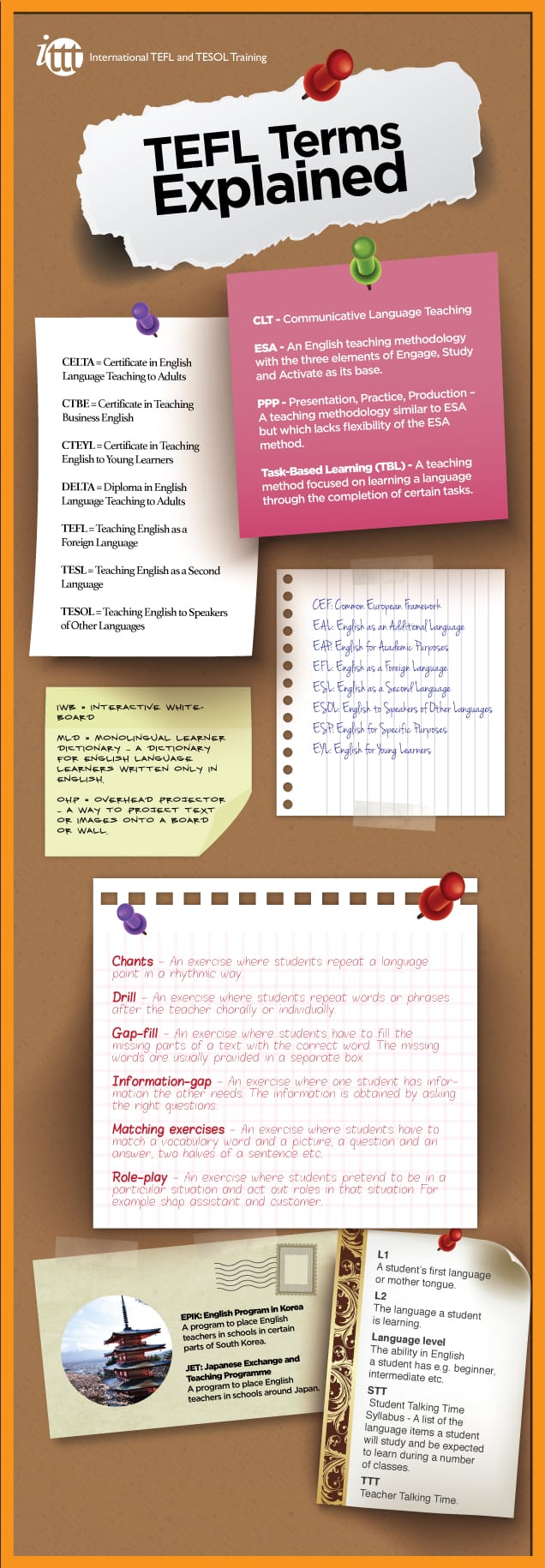What does TEFL certification mean?
To begin, let's clarify the acronym TEFL: TEFL stands for Teaching English as a Foreign Language. It is a term that encompasses the teaching of English to non-native speakers in various contexts. While technically, TEFL specifically refers to teaching English in non-English-speaking countries, it is widely used to describe English language instruction in most settings.
Additionally, TEFL is the designation given to teacher training programs and the resulting certifications that aspiring teachers pursue to meet the qualifications sought by international employers of English language instructors. Although many English teaching positions require a TEFL certificate, some teachers hold a TESOL certificate instead. The great news is that TEFL and TESOL essentially denote the same concept, and the training programs associated with them are indistinguishable. The only disparity lies in the certification labels, with some marked as TEFL and others as TESOL.
TESOL stands for Teaching English to Speakers of Other Languages and is typically used when English is taught in English-speaking countries. Nevertheless, it is worth noting that TEFL and TESOL are frequently used interchangeably by most individuals within the field of English language education.
TEFL and TESOL certification
As previously mentioned, completing English language teacher training can lead to the attainment of either a TEFL or TESOL certificate. Your choice between the two certificates typically depends on your anticipated work location around the world. For instance, in certain English-speaking countries like Australia, Canada, and the USA, a TESOL certificate might be the more suitable option. Conversely, individuals planning to teach in non-English speaking countries overseas often find that a TEFL certificate is the preferred credential.
The advisable approach is to conduct some research into the employment opportunities available in your chosen destinations and ascertain the specific requirements set by employers. Additionally, you can refer to the website of the respective country's immigration department to identify the qualifications they stipulate for entry visas or work permits. Importantly, even if your preferences change in terms of where you want to teach in the future, both TEFL and TESOL certificates retain their equal validity, regardless of your teaching location anywhere in the world.





